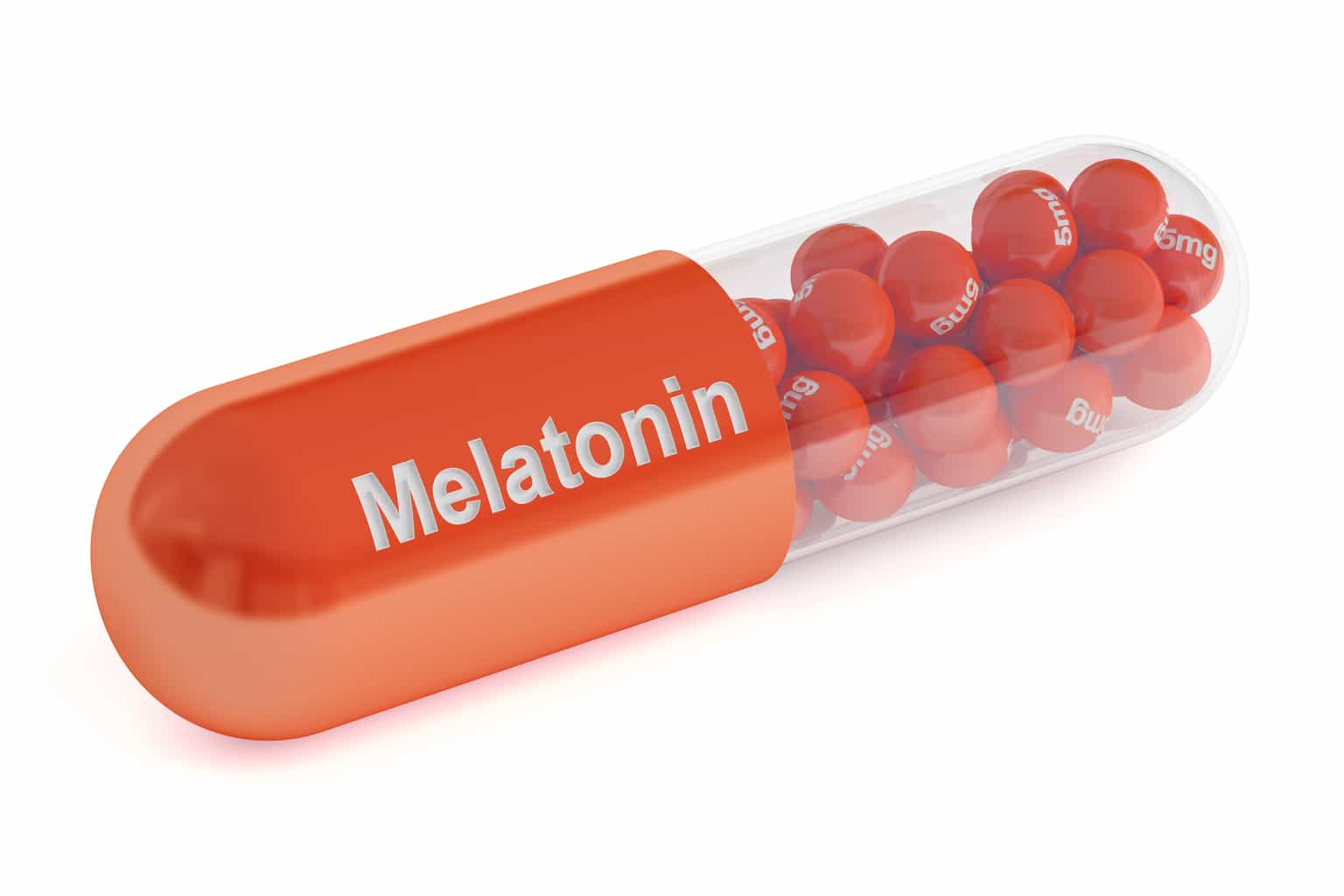
[cmamad id=”10856″ align=”center” tabid=”display-desktop” mobid=”display-desktop” stg=””]
The side effects of serotonin on blood pressure have been known for nearly a century.
The word serotonin itself is a contraction of the words serum, tonic, and amine.
It’s rather potent, and even more powerful than norepinephrine in raising blood pressure.

This effect can be helpful in certain instances, but it can become a big problem when dysregulated.
Both the brain and the intestines produce serotonin (5-hydroxytryptamine).
In the brain, neurons produce the serotonin.
These neurons send axons (processes) throughout the brain which often stop next to small brain capillaries.
It increases blood pressure in the brain directly, and John Stirling Meyer found increased serotonin metabolites in the urine of stroke victims.
These neurons fire and release serotonin in a very regular, clock-like fashion (approximately two times per second) during waking hours.

Serotonin helps to keep us tense and active.
But it can build-up over time and become damaging. The damaging effects can reach arteries far from the source.
One of these damaging effects is hypertension.
[cmamad id=”10857″ align=”center” tabid=”display-desktop” mobid=”display-desktop” stg=””]
Did you know that hypertension is a well-known clinical sign of “serotonin syndrome?”
Well, MAOIs and SSRIs cause this potentially fatal condition.
Medications can block serotonin’s ability to affect blood pressure.
Traditionally, doctors used lysergic acid derivatives like methysergide and bromocriptine.
But more recently, they discovered that the over-the-counter natural hormone melatonin antagonizes serotonin and lowers blood pressure.

These researchers used a very small electrode to measure serotonin release in the brain.

They noticed a dose-dependent reduction of serotonin through melatonin injections.
Now, the electrode was selective and didn’t respond to dopamine or norepinephrine.
They also noticed a dose-dependent decrease in blood pressure, just as you might expect.

Blood pressure normally decreases in the evening when melatonin increases.
Other people found decreased melatonin production in patients with cardiovascular disease.

Dr. Brugger measured serum melatonin concentrations in his patients with cardiovascular disease and in controls.

He found a significant difference between the two groups, with the healthy controls producing more melatonin.
This extra melatonin would be expected to lower BP.
In our study of patients with coronary heart disease, serum melatonin at night was more than five times lower than in controls.
Other studies explored the blood-pressure-lowering and anti-serotonin effects of melatonin.
Here is a double-blind placebo-controlled crossover study which tested its effects in males.

Researchers selected subjects with mild hypertension and gave them 2.5 milligrams of melatonin per day for three weeks.
They measured blood pressure every 30 minutes when the men were awake.
Then they used mechanical cuffs to measure night-time blood pressure automatically.
The researchers observed decreases in systolic and diastolic blood pressure in all patients.
Melatonin (1 to 5 mg) has been widely used as a nutritional supplement in the United States for several years, without any serious adverse side effects being reported.

Results such as this have led researchers to suggest using melatonin supplements as a treatment for hypertension.
But as an over-the-counter natural product, you won’t see multi-million dollar advertising campaigns for this.
Now, the scientific community believes that the brain has specific melatonin receptors. But it has a very close similarity to serotonin, and there may be some crossover.
The fact that it directly opposes serotonin in the intestinal wall (Thor 2007) leads one to think that it might act on serotonin receptors everywhere.

In fact, enzymes convert serotonin to melatonin.
These enzymes are hydroxyindole O-methyltransferase and N-acetyltransferase.
A disruption in these enzymatic pathways could lead to low melatonin, high serotonin, and high blood pressure.
Also, dysfunction of the pineal gland could lead to impaired melatonin synthesis.
A problem such as such as calcification would cause these problems.
And there were no apparent ill effects related to the pharmacologically high circulating levels of melatonin in the SHR-Mel group, which is not surprising because no ill effects have been reported when the plasma levels are increased 10,000 times.
We also know that fluoride decreases melatonin synthesis.
Even indoor lighting has an effect on the natural production — light actively suppresses melatonin synthesis in the pineal gland.

Also, a lack of sleep would certainly lower melatonin production.
And melatonin has the most influence on nighttime blood pressure.
The increased blood pressure is a big problem since we know there’s a relationship between it and cardiovascular events.
This finding isn’t too surprising since we spend about ⅓ of our life sleeping.
So, what can you do about it?
Well, you want to make sure you get enough vitamin C and K.
You also want to keep your blood pressure in the normal, moderate range.
And you may want to talk to your doctor about melatonin supplements.
This combination should prevent most cardiovascular events.
Vitamin C increases arterial collagen production and vitamin K inhibits arterial calcification.
Blood pressure causes mechanical stress and can lead to hemorrhage or stroke.

https://pdfs.semanticscholar.org/6c34/300ef17ef18cf08a5031dc883e0d5aeff72f.pdf
SEROTONIN IN THE REGULATION OF BRAIN MICROCIRCULATION
http://www.sciencedirect.com/science/article/pii/S0301008296000330
Melatonin Decreases Brain Serotonin Release, Arterial Pressure and Heart Rate in Rats
http://www.karger.com/Article/Abstract/139083
Impaired nocturnal secretion of melatonin in coronary heart disease
http://www.thelancet.com/pdfs/journals/lancet/PIIS0140-6736(95)92600-3.pdf
Daily Nighttime Melatonin Reduces Blood Pressure in Male Patients With Essential Hypertension
https://www.researchgate.net/profile/Frank_Scheer/publication/8911548_Daily_Nighttime_Melatonin_Reduces_Blood_Pressure_in_Male_Patients_With_Essential_Hypertension/links/0fcfd507702a5826f9000000/Daily-Nighttime-Melatonin-Reduces-Blood-Pressure-in-Male-Patients-With-Essential-Hypertension.pdf

Leave a Reply